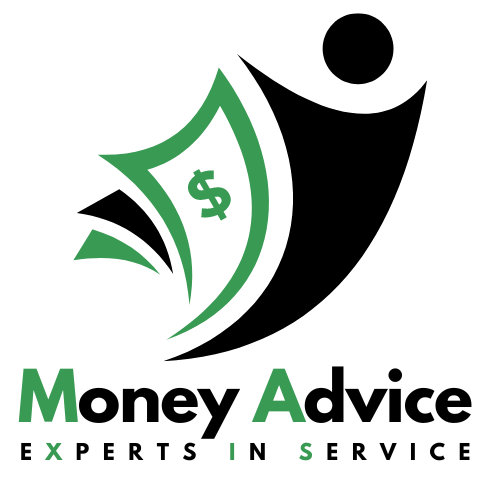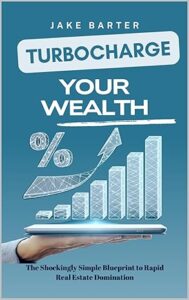In an effort to facilitate more first-time homebuyers’ entry into the market, the government has announced an increase in income and property limits for the forthcoming shared equity Help to Buy scheme. This move precedes the upcoming federal budget announcement by the Albanese Government, which aims to support more individuals in purchasing their first homes.
The Help to Buy scheme, which is anticipated to accept applications later this year, is a shared equity initiative where the government will contribute up to 40% of the purchase price for new homes or 30% for existing homes for eligible borrowers. The scheme is designed to assist low- to middle-income earners by requiring only a 2% deposit to qualify for a standard loan with participating lenders, eliminating the need for lenders mortgage insurance (LMI).
Minister for Housing, Clare O’Neil, disclosed that the income caps are being raised from $90,000 to $100,000 for individuals and from $120,000 to $160,000 for joint applicants and single parents. Additionally, property price limits will now be linked to the average house price in each state and territory, with exceptions for New South Wales (NSW) where the caps are set lower to ensure affordability for first-home buyers.
The new property price caps vary across different regions in Australia, with the highest limit set at $1.3 million for NSW capital cities and regional centers, and the lowest at $400,000 for Christmas Island and Cocos (Keeling) Islands. Major cities like Tasmania have caps ranging from $700,000 to $1 million in Queensland and the Australian Capital Territory, while regional and remote areas generally have lower thresholds.
The government estimates that over five million properties will now fall under the new price caps, significantly reducing the time needed to save for a deposit. Minister O’Neil emphasized the government’s commitment to helping working-class Australians achieve homeownership, stating that the expanded Help to Buy program aims to make most first home buyers eligible.
To support the scheme’s expansion, the government plans to increase its equity investment in Help to Buy from $5.5 billion to $6.3 billion, indicating an $800 million boost. Reacting to the announcement, Homeloanexperts.com.au senior mortgage broker Jonathan Preston cautioned that the scheme might lead to a surge in house prices, particularly in highly leveraged markets like Sydney and Melbourne.
Preston highlighted that the increase in incentives could potentially drive up property prices, making it more challenging for individuals to own properties outright. Despite the short-term benefits for first home buyers, he suggested that existing property owners would likely benefit the most from the scheme. In addition to the Help to Buy program, the government has introduced several other housing initiatives aimed at addressing affordability and homelessness issues.

 McDonald’s Monopoly
McDonald’s Monopoly Stock Market
Stock Market Home Loan Handbook
Home Loan Handbook Side Hustle
Side Hustle Turbocharge Wealth
Turbocharge Wealth Real Estate Secrets
Real Estate Secrets